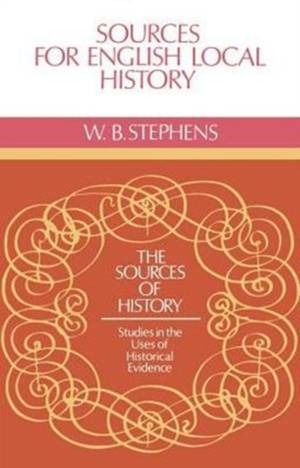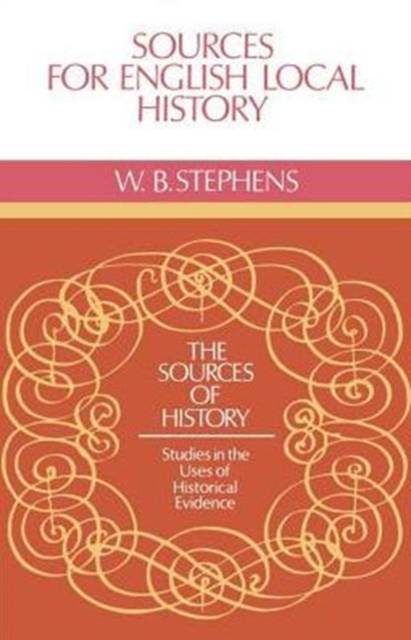
- Afhalen na 1 uur in een winkel met voorraad
- Gratis thuislevering in België vanaf € 30
- Ruim aanbod met 7 miljoen producten
- Afhalen na 1 uur in een winkel met voorraad
- Gratis thuislevering in België vanaf € 30
- Ruim aanbod met 7 miljoen producten
Zoeken
Omschrijving
English local and regional history has attracted widespread attention in the last twenty-five to thirty years. Its study has expanded at undergraduate and postgraduate levels in universities, polytechnics, and at other institutions of higher education, and it has long retained its popularity as a subject for adult education classes. In schools the teaching of local history in its own right, and as an ingredient of general history, environmental studies, and local and social studies, is well established, and commonly involves the use of original sources. The expansion of genealogical studies into the wider area of family history has involved many individuals and groups in the investigation of the local conditions, which existed where former generations lived and, in this pursuit, increasing use of local records has been made. Many who seek to involve themselves in this work, however, find that they are ill-equipped in the knowledge of what sources exist, where they are to be found, or what techniques are suitable in making the best use of them.
Specificaties
Betrokkenen
- Auteur(s):
- Uitgeverij:
Inhoud
- Aantal bladzijden:
- 360
- Taal:
- Engels
- Reeks:
Eigenschappen
- Productcode (EAN):
- 9780521282130
- Verschijningsdatum:
- 10/09/1981
- Uitvoering:
- Paperback
- Formaat:
- Trade paperback (VS)
- Afmetingen:
- 140 mm x 216 mm
- Gewicht:
- 458 g

Alleen bij Standaard Boekhandel
+ 152 punten op je klantenkaart van Standaard Boekhandel
Beoordelingen
We publiceren alleen reviews die voldoen aan de voorwaarden voor reviews. Bekijk onze voorwaarden voor reviews.







